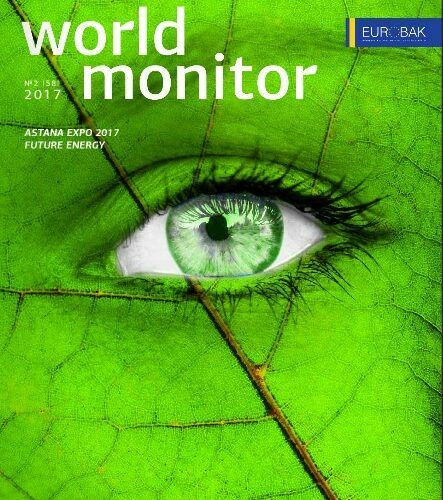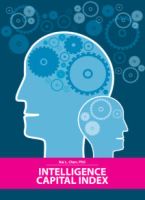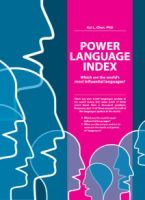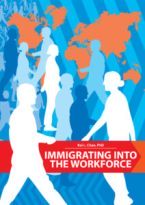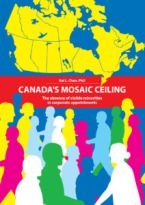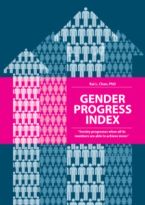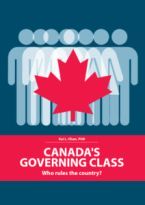
Kai L. Chan, Distinguished Fellow, INSEAD Innovation & Policy Initiative | July 12, 2017 [caption id="attachment_3479" align="aligncenter" width="650"] The countries most likely to produce the next Google.[/caption] When Sergey Brin was 16 and his family had already been living in the United States for a decade, his father took him on a short trip back to Russia. It was 1990 and the Soviet Union was collapsing. By the second day of the trip, the teenager had seen enough to grasp what his life could have been. Taking his father aside, the future co-founder of Google told him in earnest: “Thank you for taking us all out of Russia.” Although Russia has since rebounded, young Brin won the citizenship lottery, having been raised in the U.S. where he had access to great schooling and an environment to nurture his brain. As a child, he received a Montessori education, known for cultivating creativity. Later he went on to study at Stanford University where he met Larry Page and together they would go on to found one of the most valuable brands in the world. Brin’s story illustrates how – given the proper environment – education and creativity can give rise to transformative innovation in the…

 Kai L. Chan, Distinguished Fellow, INSEAD Innovation & Policy Initiative | July 12, 2017 [caption id="attachment_3479" align="aligncenter" width="650"] The countries most likely to produce the next Google.[/caption] When Sergey Brin was 16 and his family had already been living in the United States for a decade, his father took him on a short trip back to Russia. It was 1990 and the Soviet Union was collapsing. By the second day of the trip, the teenager had seen enough to grasp what his life could have been. Taking his father aside, the future co-founder of Google told him in earnest: “Thank you for taking us all out of Russia.” Although Russia has since rebounded, young Brin won the citizenship lottery, having been raised in the U.S. where he had access to great schooling and an environment to nurture his brain. As a child, he received a Montessori education, known for cultivating creativity. Later he went on to study at Stanford University where he met Larry Page and together they would go on to found one of the most valuable brands in the world. Brin’s story illustrates how – given the proper environment – education and creativity can give rise to transformative innovation in the…
Kai L. Chan, Distinguished Fellow, INSEAD Innovation & Policy Initiative | July 12, 2017 [caption id="attachment_3479" align="aligncenter" width="650"] The countries most likely to produce the next Google.[/caption] When Sergey Brin was 16 and his family had already been living in the United States for a decade, his father took him on a short trip back to Russia. It was 1990 and the Soviet Union was collapsing. By the second day of the trip, the teenager had seen enough to grasp what his life could have been. Taking his father aside, the future co-founder of Google told him in earnest: “Thank you for taking us all out of Russia.” Although Russia has since rebounded, young Brin won the citizenship lottery, having been raised in the U.S. where he had access to great schooling and an environment to nurture his brain. As a child, he received a Montessori education, known for cultivating creativity. Later he went on to study at Stanford University where he met Larry Page and together they would go on to found one of the most valuable brands in the world. Brin’s story illustrates how – given the proper environment – education and creativity can give rise to transformative innovation in the… 


